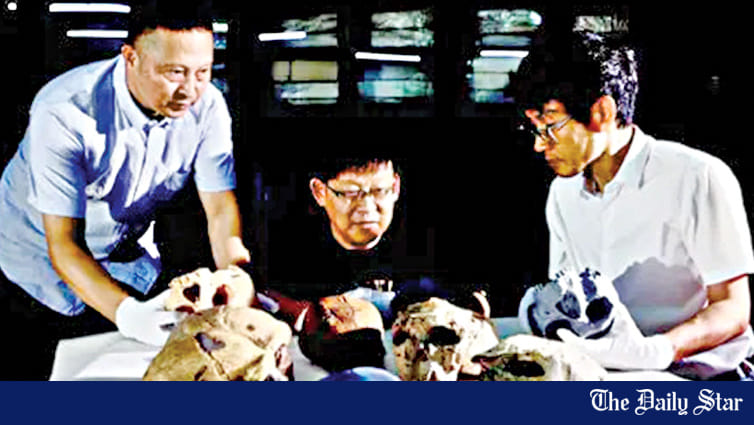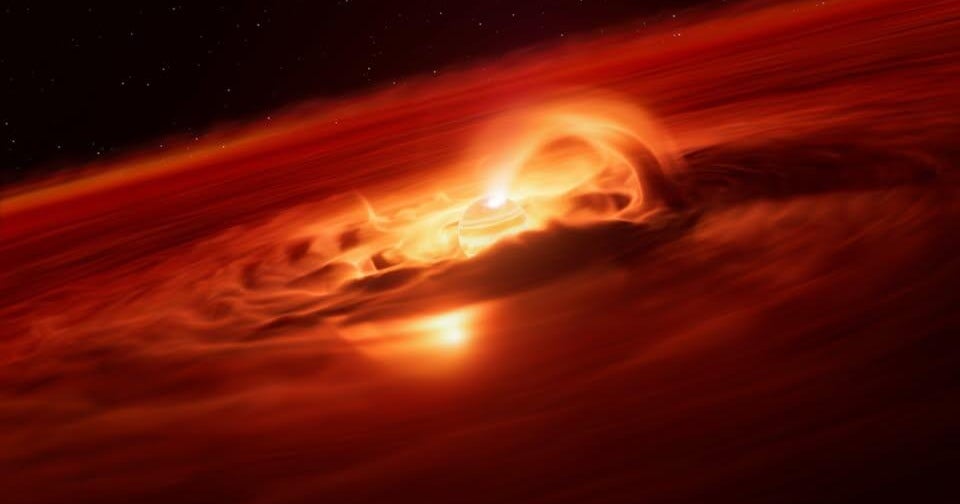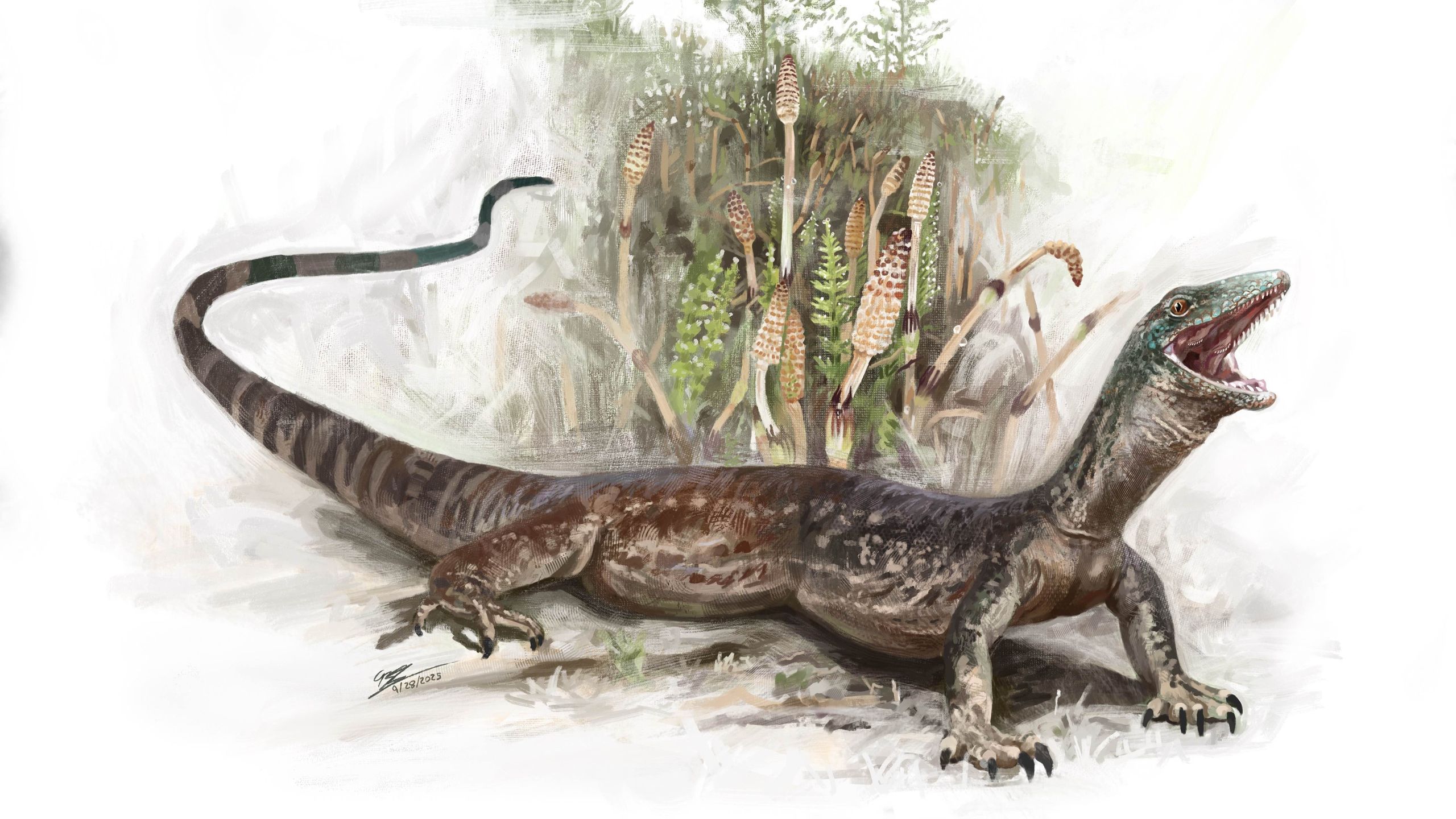NASA's Shocking Secret Weapon for Mars Missions: Video Games!

Imagine living in a confined space for over a year, cut off from the outside world, and the only way to cope with extreme isolation is by diving into the virtual realms of video games. That’s exactly what four brave volunteers did during NASA’s recent CHAPEA mission—a groundbreaking simulation that mimics life on Mars.
In 2023, NASA embarked on a revolutionary experiment to understand how humans would endure life on Mars, an endeavor crucial for future interplanetary travel. Known as the Crew Health and Performance Exploration Analog (CHAPEA), this mission confined four participants in a habitat replica at the Johnson Space Center in Houston for a grueling 378 days. The goal? To study the psychological and physical toll of extreme isolation, limited resources, and the daunting delays in communication with Earth.
This wasn’t just about survival; it was about examining the intricacies of human resilience under pressure. Throughout their time in the simulated Martian environment, the crew faced many challenges—including managing food supplies and performing simulated spacewalks—while also navigating the emotional and psychological hurdles of being isolated from the rest of humanity.
But perhaps the most unexpected twist in this tale was the role of video games. While the mission primarily focused on survival tactics and mental endurance, the crew discovered that gaming became a crucial ally. Engaging with PlayStation 4 games provided not only a form of entertainment but also a vital way to maintain cognitive sharpness, alleviate stress, and boost problem-solving skills. Games like SimCity, Civilization, and Factorio turned out to be more than just fun; they encouraged strategic thinking and resource management—skills that are invaluable for future astronauts facing the unknowns of space.
Microbiologist Anca Selariu, one of the crew members, emphasized how gaming sessions offered both cognitive training and a much-needed mental escape from the monotony of isolation. It was a fascinating revelation for NASA researchers, who are now considering integrating gaming into future long-duration missions as a standard coping mechanism for astronauts.
The isolation experienced by the volunteers was intense, with a staggering 22-minute communication delay to and from NASA, making them feel worlds apart from their support team. Living without natural light in a cramped habitat tested their mental endurance, and video games played a pivotal role in combating feelings of loneliness and anxiety. This innovative approach not only helped in maintaining morale but also fostered teamwork and strategic thinking under pressure—essential traits for any astronaut venturing into the vastness of space.
The CHAPEA mission serves as a groundbreaking example of how addressing psychological health is critical for the success of long-duration space flights. As we look towards the future of human exploration of Mars and beyond, it’s clear that incorporating interactive entertainment like video games could significantly enhance cognitive function, morale, and overall mission success. By combining rigorous scientific research with practical coping strategies, missions like CHAPEA are paving the way for a safer, more effective journey into the stars.




























